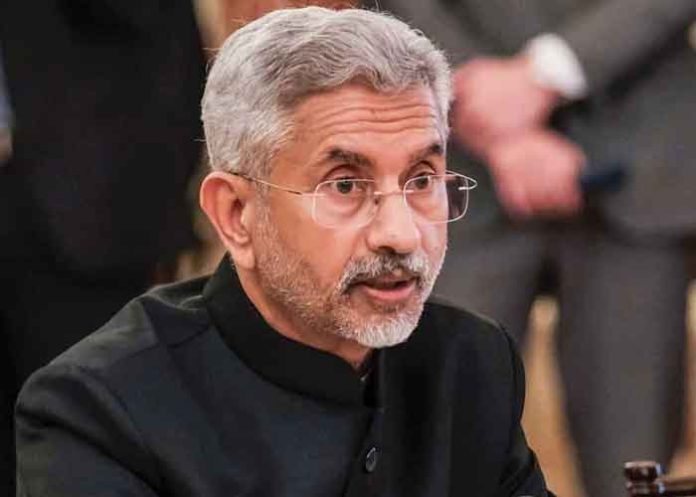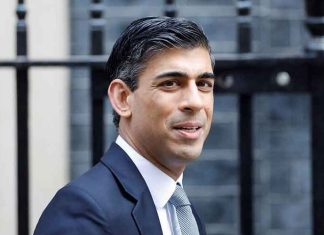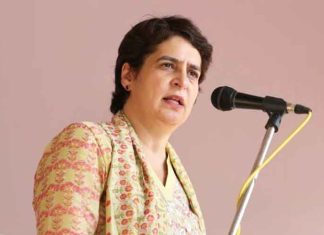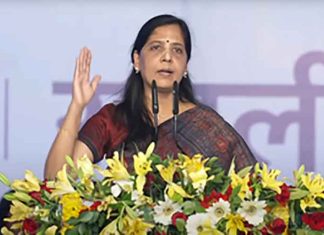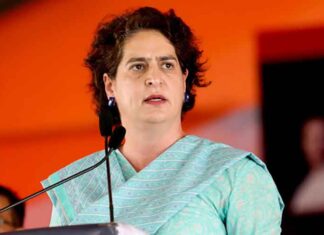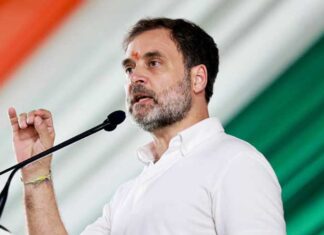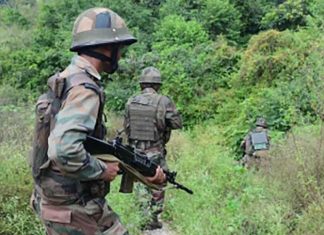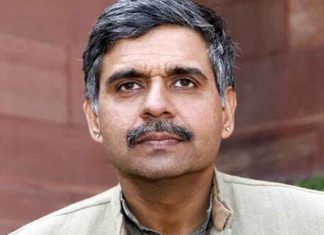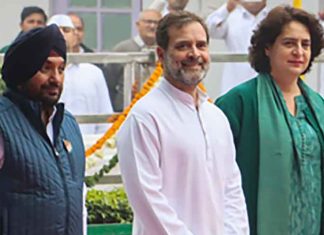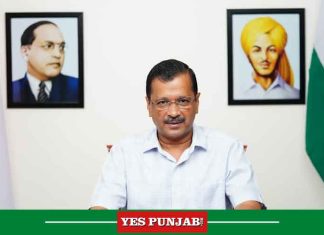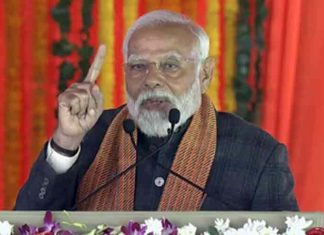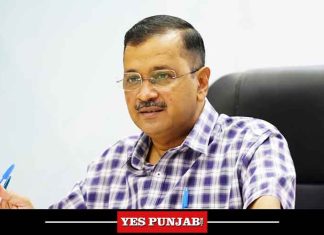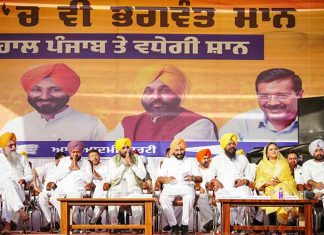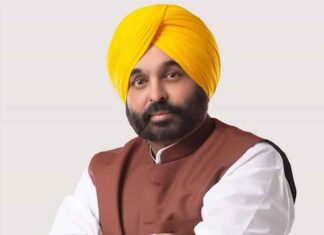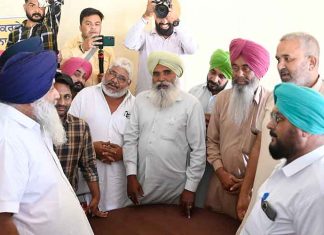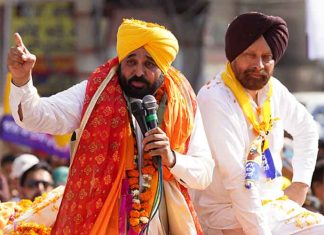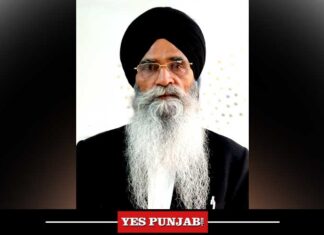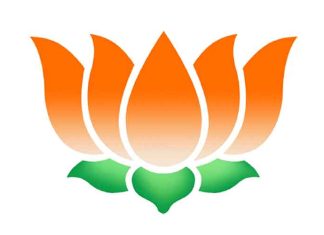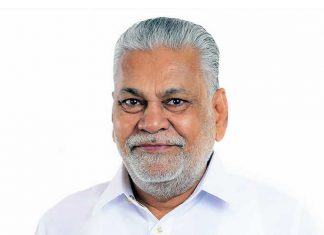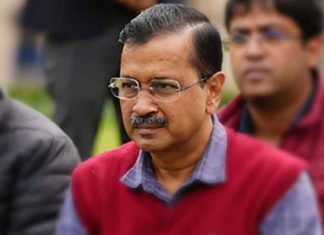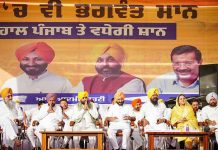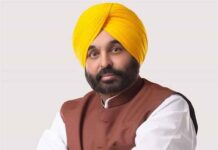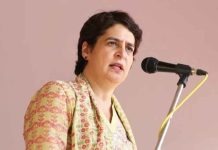New Delhi, Oct 22, 2023- External Affairs Minister S Jaishankar on Sunday said that any expectation that conflicts and terrorism can be contained in their impact is no longer tenable and a unipolar world is now distant history.
Addressing an event, Jaishankar said that the ripple impact of what is taking place right now in the Middle East is still not entirely clear.
He said that the consequences of various conflicts in a globalised world spread far beyond immediate geographies while citing the impact of the Russia-Ukraine war.
He said that in different regions, there are smaller happenings whose impact is not inconsequential.
Addressing the issue of various forms of violence, the Foreign Minister said, “There is also the less formal version that is very pervasive. I am speaking about terrorism which has long been honed and practised as a tool of statecraft.”
“The basic takeaway for all of us is that given the seamlessness of our existence, any expectation that conflicts and terrorism can be contained in their impact is no longer tenable,” Jaishankar said.
He said that a big part of this is clearly economic, but do not underestimate the danger of metastasis when it comes to radicalism and extremism.
Jaishankar said that the unipolar world is distant history.
“The bipolar world was even more distant in the bipolarity of US-Soviet Union. And I don’t think US China will really end up bipolar. I think there are too many, as I said, too many next-run powers with sufficient clout and autonomous activity and regions of their own dominance and privacy…If you look today at what is happening in the Middle East, a lot of it is actually, in a sense, the activities are intrinsic to the Middle East… So the key regional players on regional situations are actually today going to be so dominant compared to the past that they’re not going to leave that much space for global players or external players to come in. And I think you can see that happening in Africa as well,” he said.
He said that another change which should be recognised is in the dispersal of power and the reordering of the global hierarchy.
He said that the most powerful nations are comparatively not as powerful as they used to be in the past.
“Middle powers have started to come into their own. We have seen this clearly in the Gulf and are now seeing it in the Middle East,” he said.
He said that a second contributor to volatility is conflict in a globalised world where consequences spread far beyond the immediate geography.
“We have already experienced this with respect to Ukraine. The ripple impact of what is taking place right now in the Middle East is still not entirely clear,” he said.
He said that in different regions, there are smaller happenings whose impact is not inconsequential.
“There is also the less formal version that is very pervasive, terrorism which has long been honed and practised as a tool of statecraft. Any expectation that conflicts and terrorism can be contained in their impact is no longer tenable,” he said.
He said that a big part of this is clearly economic, but do not underestimate the danger of metastasis when it comes to radicalism and extremism, saying that no danger is too distant anymore.
Referring to the impact of climate changes on global economy, the foreign minister said: “It is necessary to also look at the directly disruptive impact of climate events on the international economy… As weather patterns shift, they can affect the loads of production as well as the supply chains that emanate from them.”
He said that given the increasing frequency of such weather happenings, this is now a risk that we need to build into our calculations.
He said that the working of the global economy has itself added to the concerning side of the ledger.
“The last few years have witnessed rising debt often resulting from a combination of imprudent choices unbiased borrowings and opaque projects,” he said.
He said that the market volatility has been difficult for smaller economies with a narrow trade basket to handle.
“Those highly exposed to tourism or remittances have experienced the consequences of slowdowns very strongly,” he said.
He said that the international financial institutions have not been able to respond adequately, whether due to paucity of resources or lack of priority. (Agency)
CLICK HERE to Subscribe to YesPunjab Telegram Channel & receive Important News Updates



